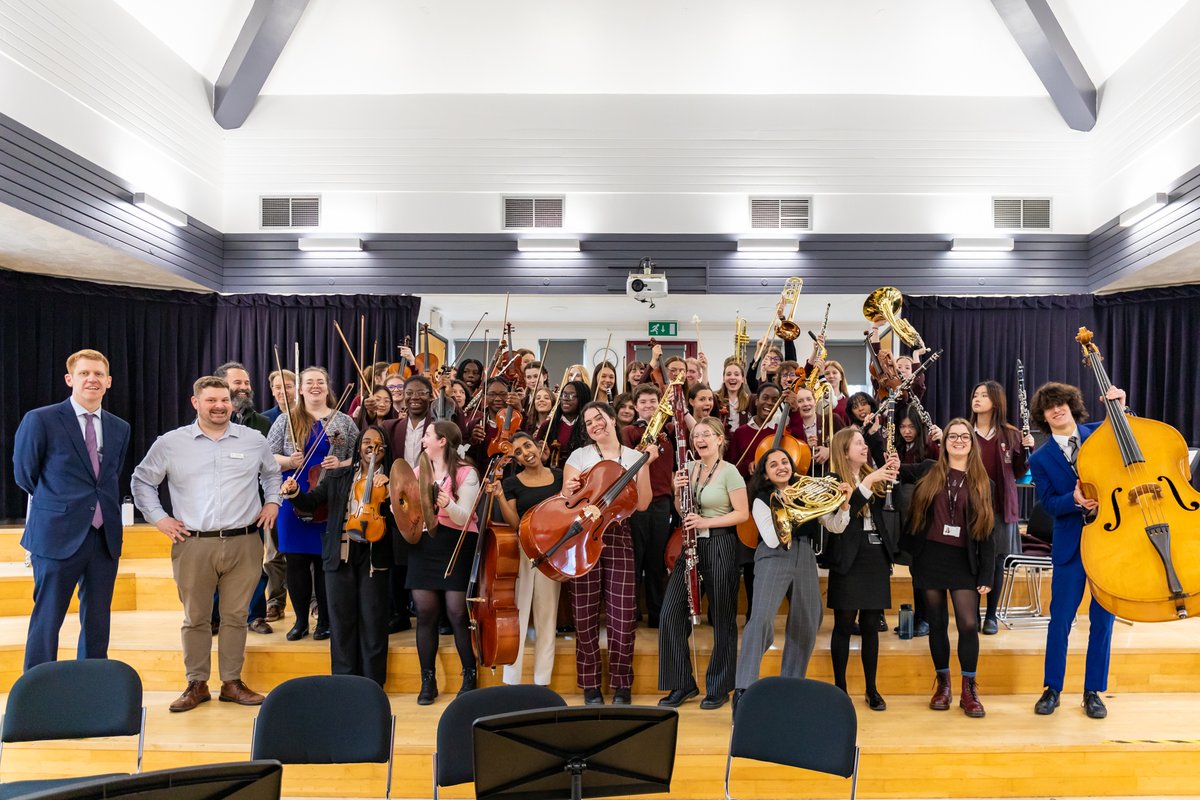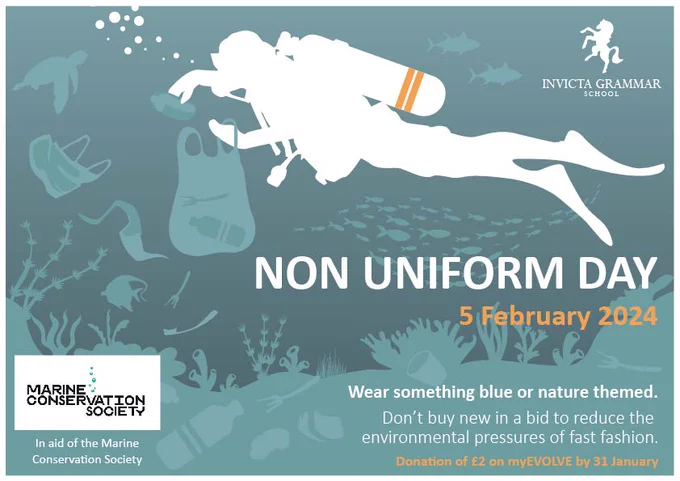Latest News
Women in Leadership
Name: Dr Liza Thompson
Role: Freelance Chair and Author
Company: Freelance – I am commissioned on short term contracts
A bit about you: I grew up in poverty, my mum fell pregnant with me aged 16, my dad had issues with alcohol, and the community I was born, raised, and still reside in, does not value academia or personal/professional development outside of our socio-economic environment.
What is it like working in your company? I co-founded and grew a domestic abuse charity for 12 years, and have very recently become freelance – working for SATEDA was exhausting but rewarding and I learnt so many new skills, and so much about muself during that time. Running a charity is relentless – and I am jumping into freelance work to be my own boss – this is moving outside of my comfort zone but life is about growth!
Why did you decide to go into your chosen field? I grew up around relationships which were gendered in a negative way – abuse of power, expectations for men to be in control, and women being treated badly because they were women. I also wasted a couple of decades in jobs which did not stretch me, and didn’t move outside of my comfort zone. Then my nan was diagnosed with terminal cancer and she made me promise to stop wasting my life and use the intelligence I was born with. I returned to university aged 29, studied law, and learnt all about domestic abuse – I realised that I was a feminist, and that what I have been seeing all around me was not ok. I finished my degree, and joined SATEDA as it started up. I became accredited to support high risk victim/survivors of domestic abuse, and after four years I took over as CEO. I was awarded a PhD in 2019 and started to Chair domestic homicide reviews, and then I realised that I love to write, and I am very good at chairing – so chose to take the plunge and become freelance.
What qualifications and work experience did you need to reach your current position? The Doctorate opens doors – people see the Dr in front of my name and take me seriously. Review panels are made of senior staff, and the Reviews are published by the Home Office, it is therefore important that everyone involved in the process places trust in the Chair’s knowledge and abilities – the Law degree, and the PhD give that assurance that I can be trusted to undertake a highly sensitive piece of work. I also have a lot of experience of working directly with victim/survivors, as well as supporting families of victims – this helps me to understand the experience of victim/survivors.
What do you enjoy the most about your job? I believe that we should all effect positive change in our day to day lives – especially those of us who have comfortable lives free from abuse. My job allows me to do this every day. I am extremely privileged to be entrusted with this work.
What obstacles have you overcome in your career? As a working class girl, then woman, there is a certain level of judgement about how I speak, where I live and to an extent how I look. This has affacted doors opening for me the past. Also – I was (and still am to an extent) swimming against the tide within my local community. For example not very many people I know have been to university, and no one I know has a PhD – when I studied, it was alone – I didn’t have a wider support group. I was also bringing up two children, and was told regularly that I should stop studying and take a part time job which fits in around the children.
Why do you think it is important to have a strong female representation in your industry? I was one of the first Review writers in Kent – the majority being retired male police officers. The majority of the victims we are writing about are women – yet generally men are writing about them.
What advice would you give those wanting to take a similar career path? I have had such a varied career path, working for local government, then a housing association, Charity, and finally freelancing – however the thread that has always run through my work is supporting vulnerable people. It feels like my place in life to right wrongs and try to balance the imbalance of power wherever possible. My advice would be find something that you would happily do as a volunteer – don’t chase the money – chase your interests, and your dreams – and the perfect career path will find you.




























